Off-roading is an exhilarating adventure that takes you beyond the beaten path and into nature’s wildest landscapes. However, as exciting as it may be, it also comes with inherent risks that can turn a fun trip into a dangerous ordeal if you’re not prepared. One of the most crucial safety rules in the off-roading community is to never go alone.
Whether you’re a seasoned off-roader or a newcomer, it’s essential to understand why riding solo is a bad idea. This article explores the many reasons why off-roading should always be done with at least one companion and how you can prepare for a safer and more enjoyable experience.
1. The Risk of Getting Stuck
One of the biggest challenges of off-roading is navigating unpredictable terrain. Whether you’re tackling muddy trails, deep sand, snow-covered paths, or rocky landscapes, there’s always a possibility of getting stuck. When you’re alone, this can become a serious problem.
- Limited Recovery Options: Without another vehicle to pull you out, you may be left struggling for hours—or even days—trying to dig yourself out of a sticky situation.
- Winching Difficulties: Even if you have a winch, it can be challenging to find a suitable anchor point or operate it safely by yourself.
- Increased Physical Strain: Extracting a vehicle manually is exhausting, and the more time you spend struggling, the more you risk injury or dehydration.
With a buddy or a group, recovery becomes much easier and safer, ensuring that you can get back on track quickly.
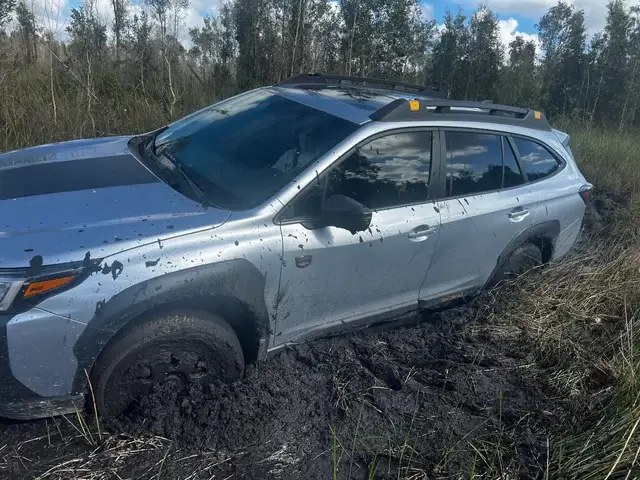
2. Mechanical Failures and Breakdowns
Vehicles are machines, and machines break down—especially when they’re pushed to their limits in extreme off-road conditions. If you’re alone when your vehicle suffers a mechanical failure, you could be stranded far from help.
- Flat Tires or Tire Blowouts: If you have a flat or a blowout in an isolated area, changing a tire alone on uneven terrain can be difficult and dangerous.
- Engine or Transmission Issues: If your vehicle refuses to start, overheats, or suffers a major failure, you’ll need another way to get help.
- Battery Failure: A dead battery can leave you completely stranded, with no way to start your engine or use electronic recovery tools.
Having another vehicle with you ensures that someone can assist with repairs, provide spare parts, or even tow you to safety if necessary.
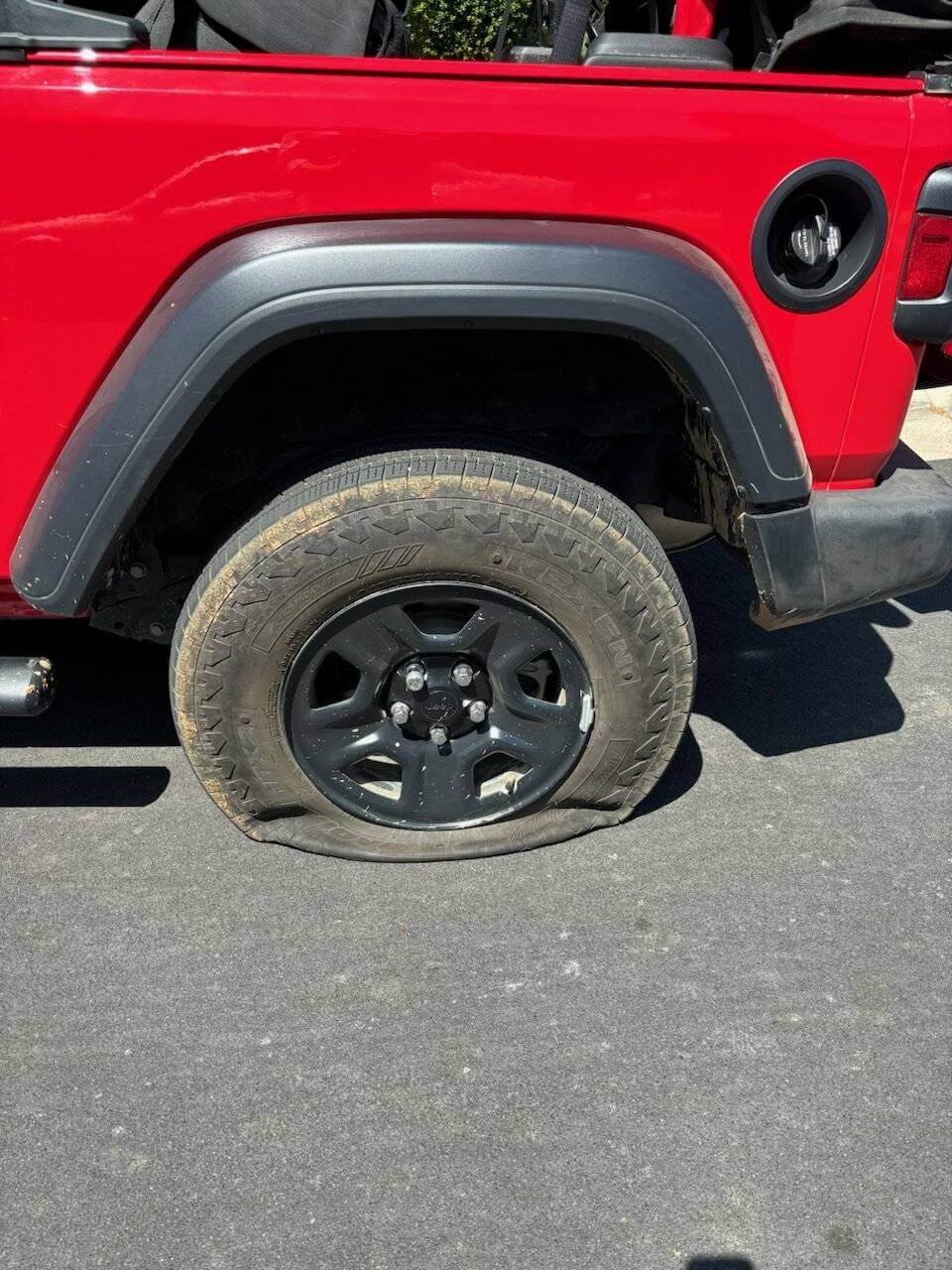
3. Risk of Injury
Off-roading is physically demanding, and accidents happen. Whether it’s a minor slip or a major rollover, the possibility of injury is very real. If you’re alone, even a small injury can become life-threatening.
- Slips and Falls: When traversing rocky or muddy terrain, it’s easy to lose footing and sustain sprains, fractures, or concussions.
- Vehicle Accidents: A vehicle rollover or crash could trap you inside or leave you immobile.
- Animal Encounters: In remote areas, wild animals such as bears, snakes, or even insects can pose a significant risk, especially if you’re unable to get help quickly.
Having a friend means immediate assistance, first aid, and the ability to call for help if needed.
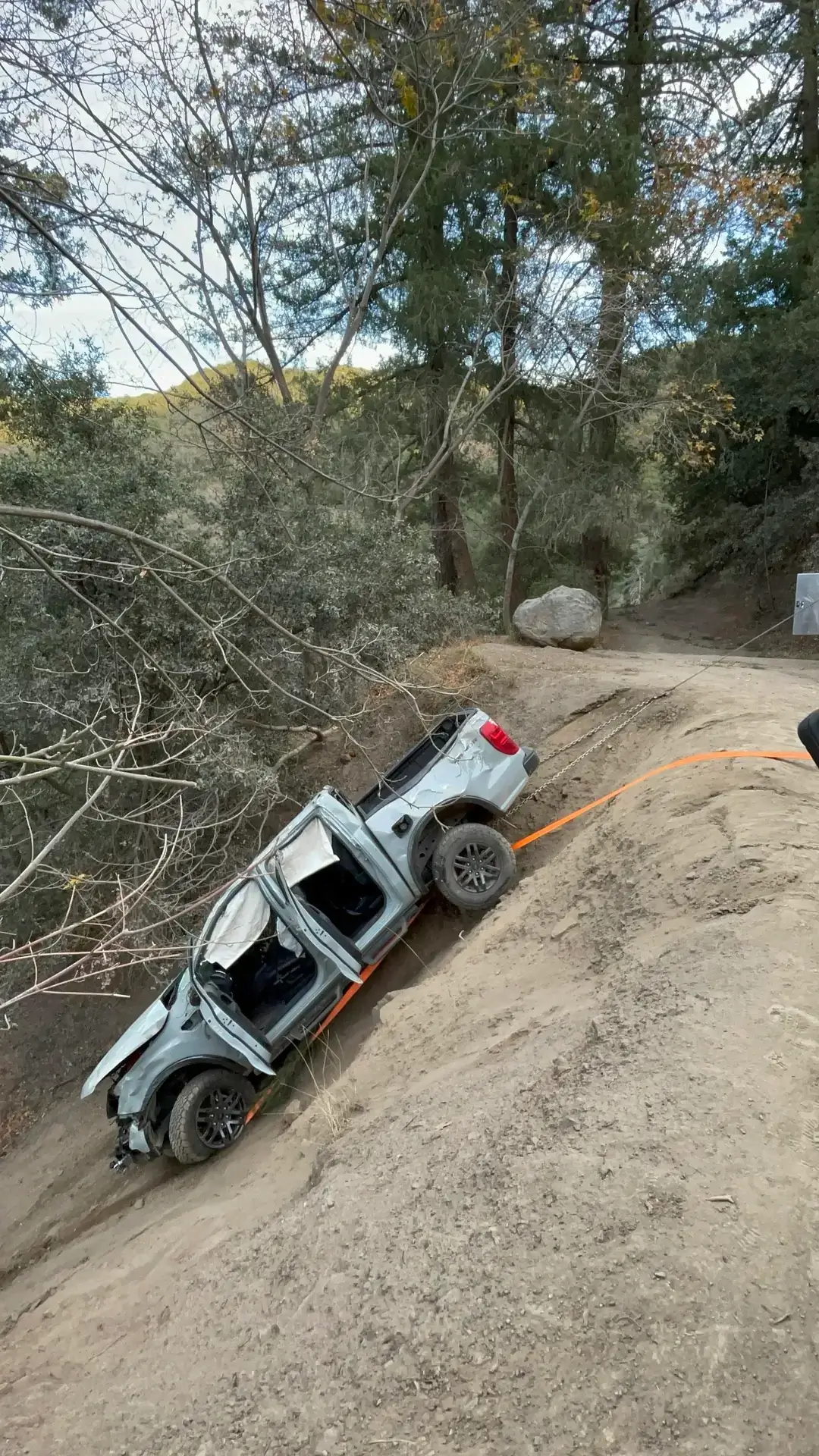
4. Navigation and Getting Lost
Even with modern GPS technology, getting lost in remote areas is easier than you think. Signal loss, dead batteries, or simple miscalculations can leave you disoriented with no clear way back.
- Unmarked Trails: Many off-road areas lack clear signage, making it easy to veer off course.
- Weather Conditions: Fog, rain, or snow can drastically reduce visibility and make navigation more difficult.
- Limited Communication: In many remote areas, cell service is non-existent, leaving you without a way to call for help.
With a group, multiple people can track the route, spot landmarks, and work together to find the way back to safety.
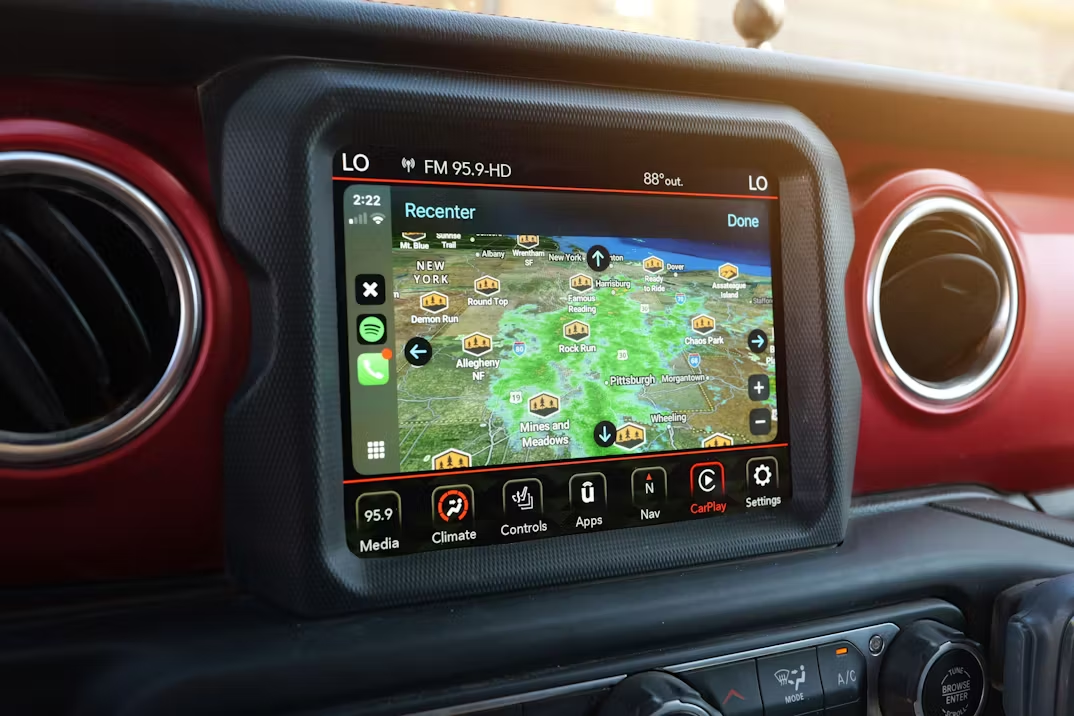
5. Wildlife and Environmental Hazards
Nature is unpredictable, and when you’re off-roading, you’re entering wild environments that may be home to dangerous animals or extreme weather conditions.
- Wild Animal Encounters: Encountering predators like mountain lions, bears, or venomous snakes is rare but possible. A companion can help fend off threats or seek help if you’re injured.
- Flash Floods and Weather Changes: Sudden storms can cause flash floods, turning dry paths into raging rivers. Being with others allows for faster reactions and escape strategies.
- Extreme Temperatures: In deserts, high heat can lead to dehydration and heatstroke, while in colder climates, exposure can cause hypothermia.
A group can share resources, assist with navigation, and ensure survival in case of extreme weather or environmental dangers.
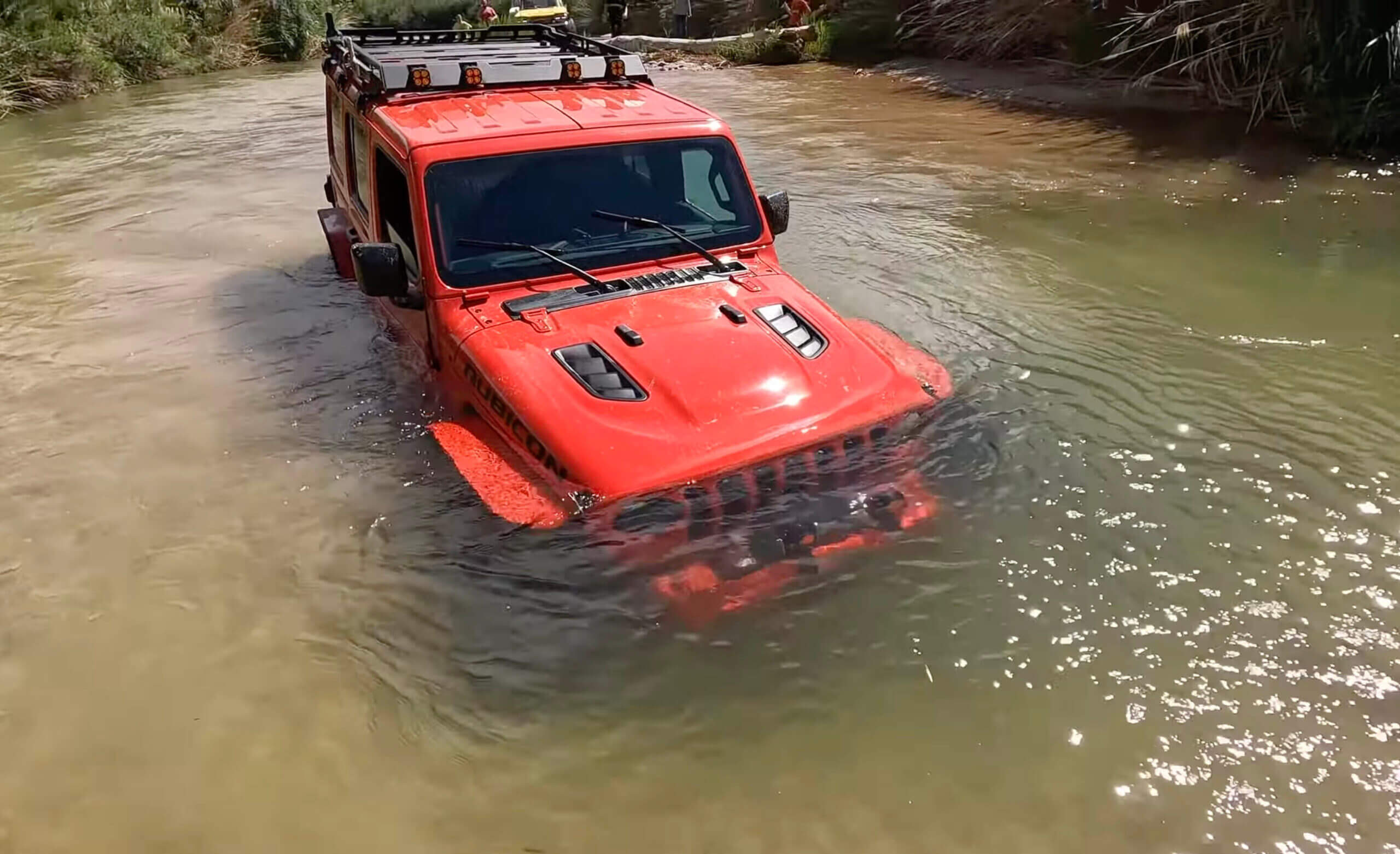
6. Psychological and Emotional Stress
Being alone in a remote area can be mentally and emotionally challenging. The isolation, uncertainty, and fear of an emergency situation can lead to panic, making poor decision-making more likely.
- Increased Anxiety: The fear of something going wrong can cause stress, which can impact your judgment and reactions.
- Loneliness and Boredom: Off-roading is meant to be fun! Sharing the experience with others makes it more enjoyable and provides emotional support.
- Decision-Making Pressure: In a difficult situation, having others to discuss options with helps in making rational choices.
Having a team ensures that morale stays high and decisions are made with collective wisdom.
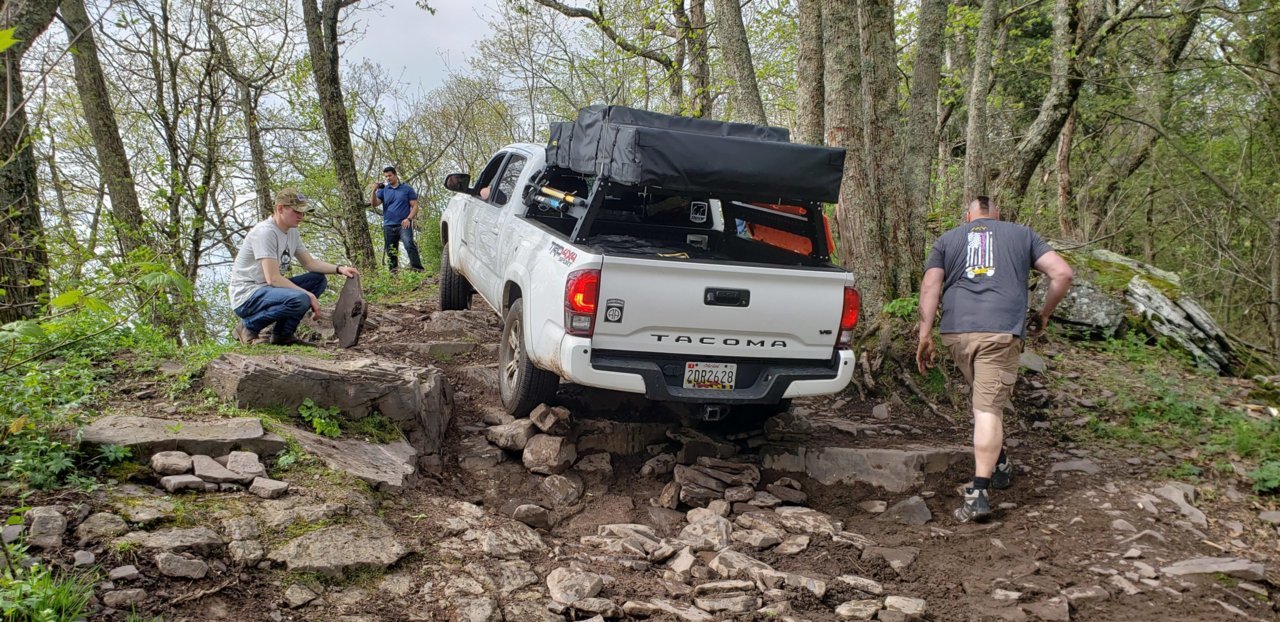
7. Legal and Safety Considerations
Some off-roading locations have strict rules about solo travel for safety reasons. Many parks and off-road trails require at least two vehicles in a group to reduce risk.
- Legal Requirements: Some off-roading areas mandate groups or specific equipment before allowing entry.
- Liability and Rescue Costs: If you require search-and-rescue services, doing so alone may increase costs and legal consequences.
- Community Responsibility: The off-roading community values safety and teamwork. Encouraging responsible practices helps protect access to trails and public lands.
By off-roading with others, you adhere to best practices and contribute to a responsible off-roading culture.
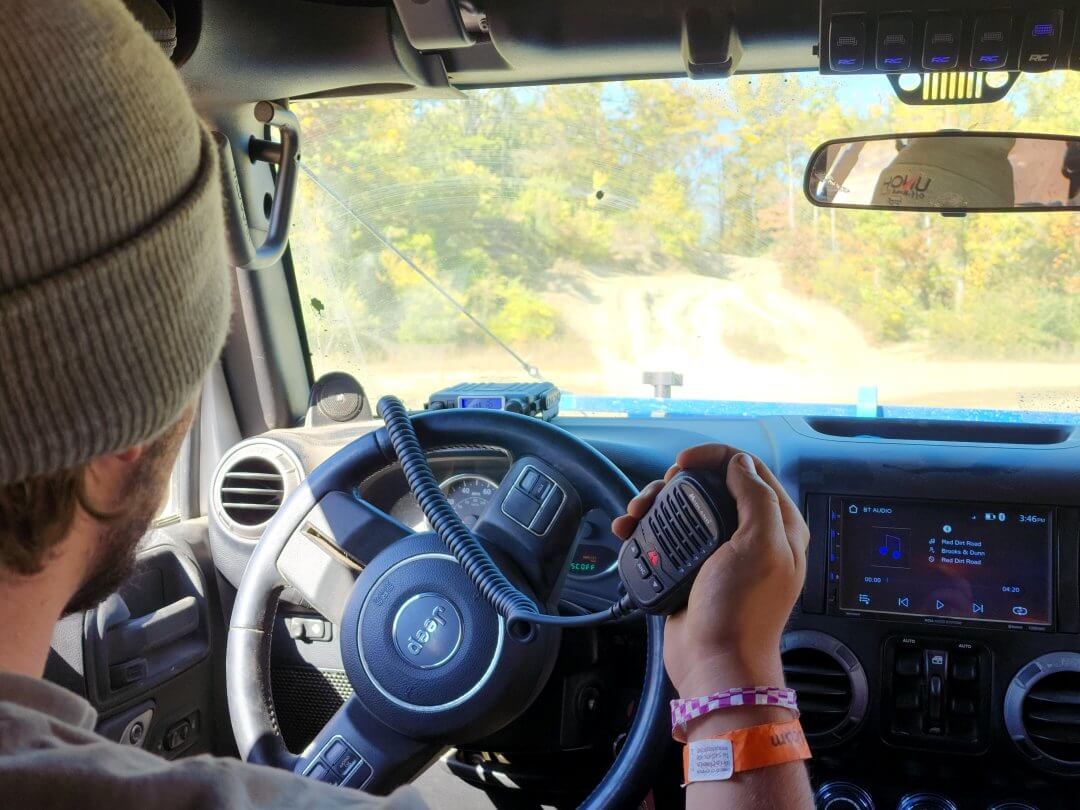
8. Essential Safety Tips for Off-Roading
If you’re heading out on an off-road adventure, follow these tips to ensure a safe and enjoyable trip:
- Always Go With a Buddy: Make it a rule never to off-road alone.
- Carry Proper Recovery Gear: Winches, tow straps, and traction boards can save you in sticky situations.
- Have a Reliable Communication Device: A satellite phone or two-way radio can help in areas with no cell service.
- Bring Emergency Supplies: Water, food, first aid kits, extra fuel, and a fire-starting kit are essential.
- Know the Area: Research trails, weather conditions, and potential hazards before heading out.
- Tell Someone Your Plan: Inform a friend or family member of your route and expected return time.
Conclusion
Off-roading is an exciting and rewarding activity, but it’s not something to do alone. The risks of getting stuck, breaking down, sustaining injuries, getting lost, or encountering environmental hazards are too great to ignore.
By always off-roading with at least one other person, you ensure not only your safety but also a more enjoyable and stress-free experience.
Stick to the golden rule of off-roading: never go alone, always be prepared, and respect the environment. By doing so, you’ll create great memories while keeping yourself and others safe on the trail.


No responses yet